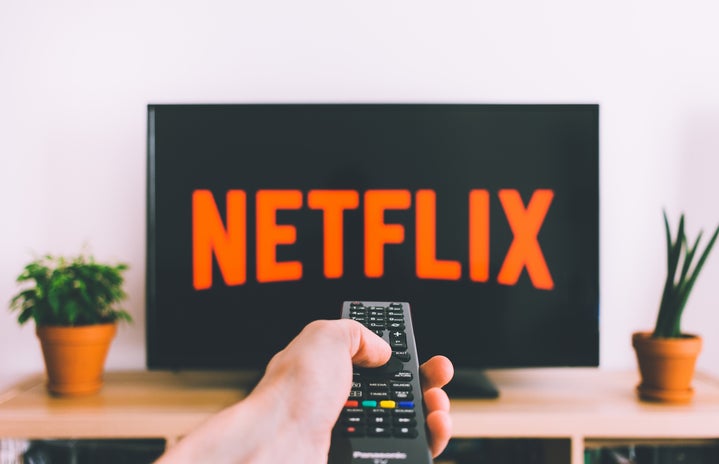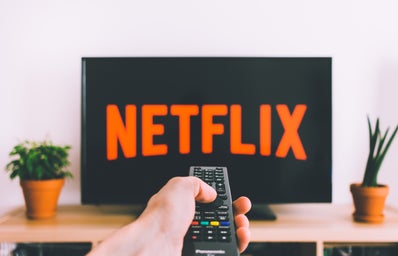*SPOILERS FOR AVATAR:THE LAST AIRBENDER (2024)*
Avatar: The Last Airbender is one of those shows where you instantly fall in love with its writing after you watch it. Every main character (and a lot of the side characters) who is introduced is given an in-depth storyline that shapes their character. We are able to see their flaws and faults, their successes and shortcomings. Every major and minor character opens up the viewer to understand why they are the person they are and what led them to their pivotal moments. Every character feels real in their emotions and reactions. Fair to say, I loved the original series.
With the 2024 live-action series, I was very skeptical going into it because of how poorly the 2010 film did at capturing these characters. But I powered through and watched the whole series. Listen, I must say, I didn’t hate it. There were some pretty good moments, and I enjoyed the more mature and dark turn it took. The gritty and gorey violence adds to the stakes of the show and makes us understand the reality these kids live in and fight against. But with what they add to the show, they took away parts of the characters’ development that helped to tell their story and influence their interactions with others. Yes, surprisingly, I am talking about Sokka’s sexism.
Why, in 2024, would we want another male character who doesn’t respect women? Simply because it is the biggest factor in Sokka’s learning in the first season. It is a big reason for how they found Aang and why his relationship with Suki makes sense. Sokka grew up in the patriarchal society of the Southern Water Tribe and was put in charge of a village from a young age when his father left to join in the fight against the Fire Nation. His sexism speaks to how he was raised and how he perceived the responsibility gifted down to him by his father. He had been taught from a young age what a man’s role is versus a woman’s in his small, reserved society, shut out from the rest of the world. To him, his job as a man was to protect the women of the village, who he believed were unable to defend themselves. Only once Sokka joins Aang’s journey, is he forced to see outside his worldview and challenges the ideals he was raised with.
The biggest episode they blundered, at least in my mind, is Sokka meeting future love interest, Suki on Kyoshi Island. Instead of this being a significant character episode for Sokka, it became another growing episode for Aang’s journey. In the animated series, Sokka gets a first-hand look at the power of women in society and has to accept help and training from the Kyoshi Warriors. He has to acknowledge that Suki is stronger than him, and their chemistry builds from Sokka’s growth. It begins this shift in respecting the stronger female benders who come along like Toph. The new adaptation instead makes Sokka respect Suki immediately and he never truly questions her talent. Suki’s character is watered down to fan service and sometimes a socially awkward creep who stares at a shirtless Sokka. She has become a girl who fawns over the first strange male who enters her sphere. This episode is no longer an important one in Sokka’s story, and the ‘lessons’ will most likely be seen again in future episodes if this gets renewed.
Removing these key moments from Sokka begins to ruin the emotional upturn toward becoming the true leader of Team Avatar. He begins to acknowledge his role as the leader is less demeaning those around him, like Katara, to build himself up but encourage and see the potential in his team no matter their gender or disabilities. His sexism and misogyny hinder him and his thinking, but his growth from it makes him stronger.
According to Variety, Sokka’s sexism was removed because “There’s more weight with realism in every way.” While this is a valid reason, I just can’t see this being an excuse for how the show goes into true gore and grit with the realities of war and mass genocide. Including real-world issues like misogyny makes the world more immersive and real to the audience. Especially in this world, Sokka’s exposure from his small perspective to the vast ideals of the world outside his home is a tale we need right now. It is a story that is relatable to many college students who leave their hometowns for new experiences and new ideas that change them for the better. They get exposed to new people and have beliefs that are not held by their small communities. It’s scary and confusing. To many people, it made Sokka so real as he goes through these same changes in beliefs. Removing it did his character arch an injustice.


